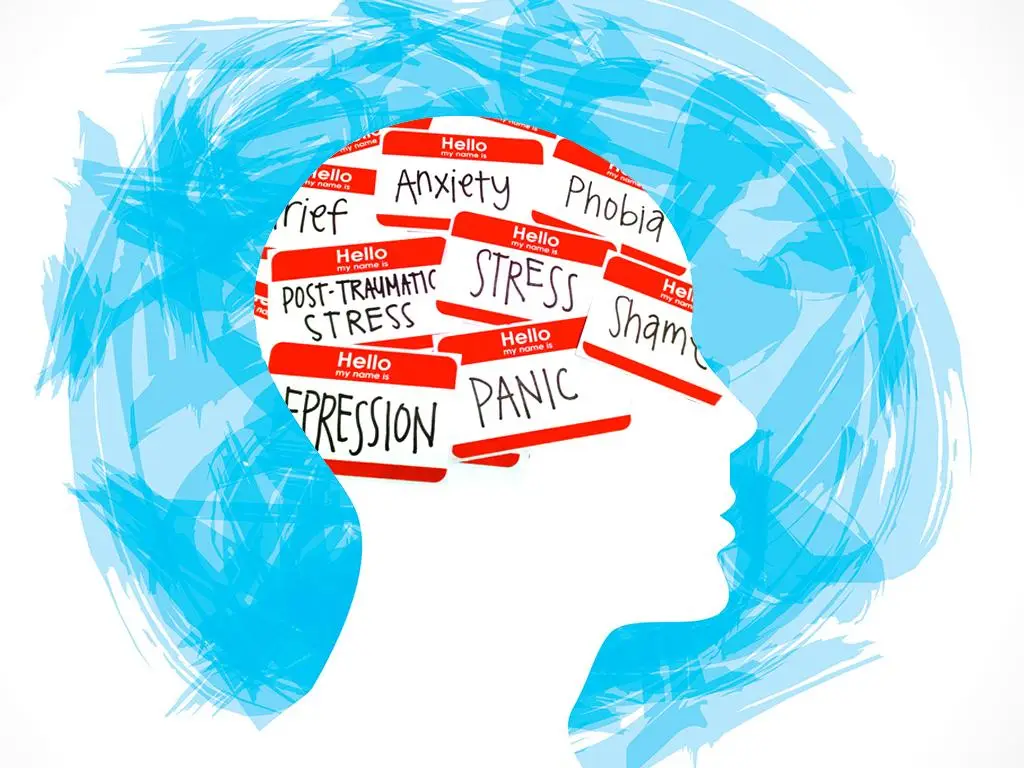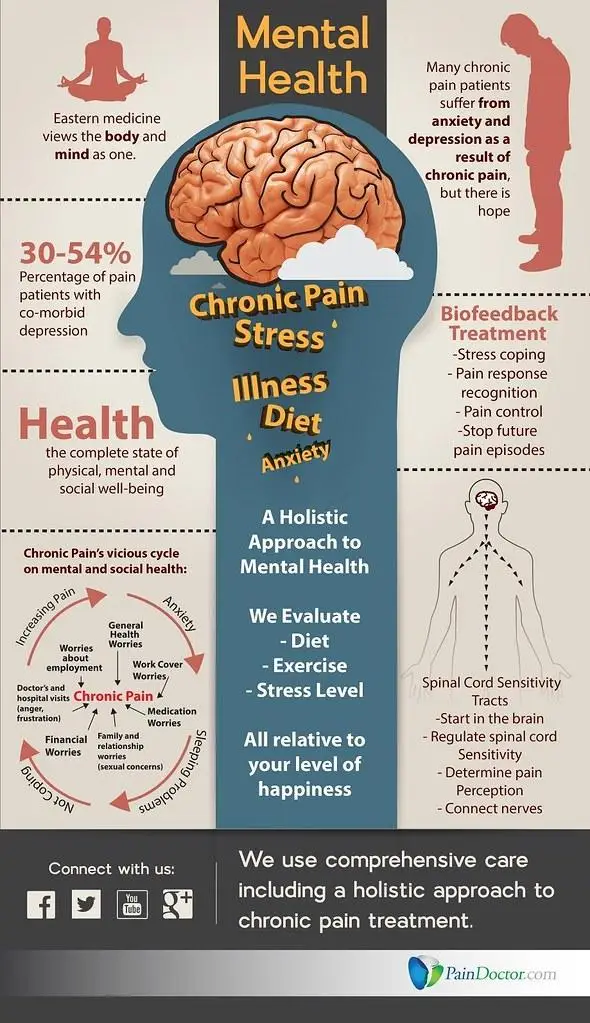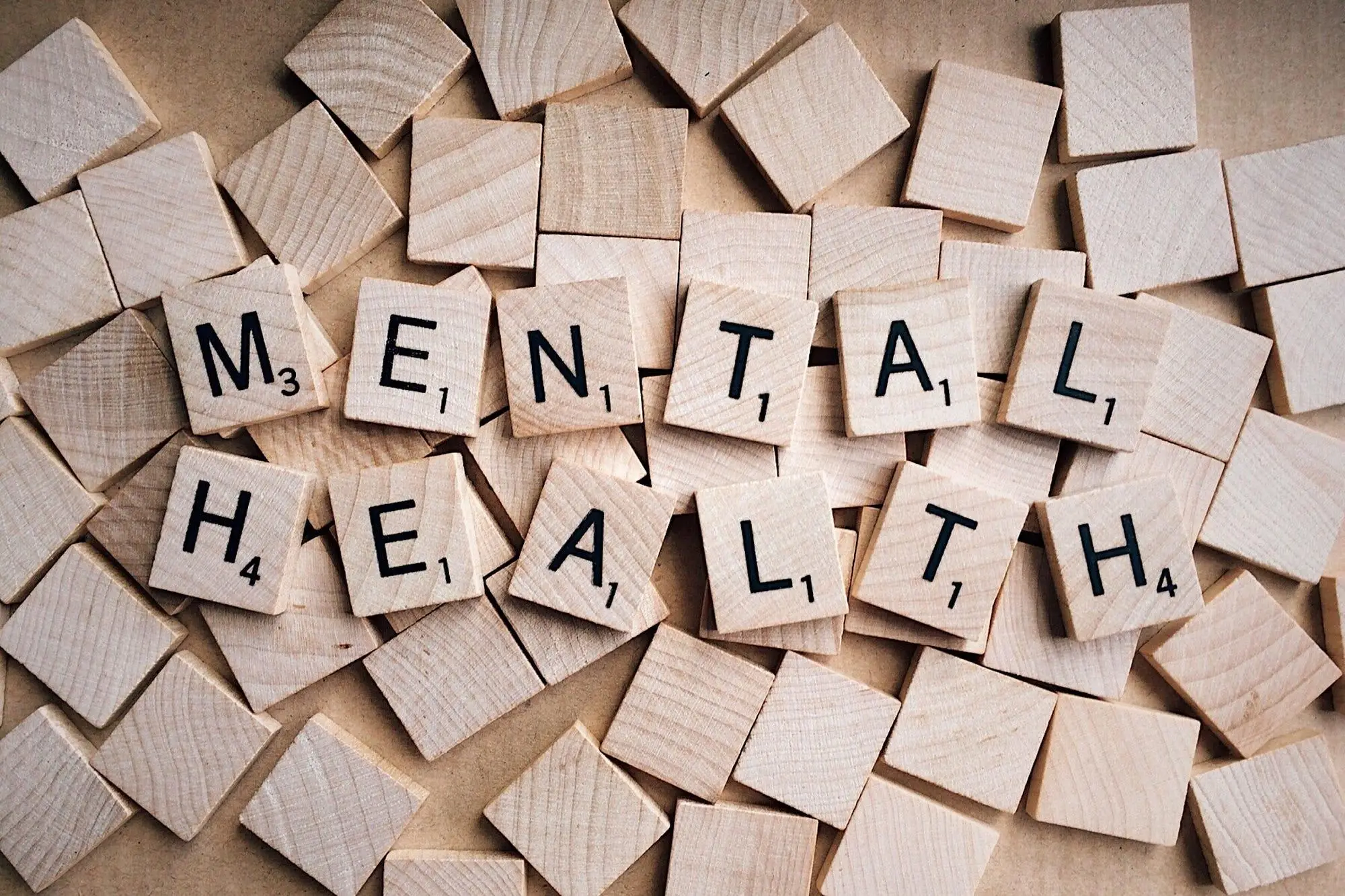In a world inundated with hustle and bustle, it can be easy to lose sight of our mental well-being. As we navigate the constant pressures and demands of modern life, our mental health often takes a backseat. However, prioritizing mental health is crucial for overall well-being and happiness. Join us as we explore the importance of taking care of your mental health and the various ways you can enhance and support your emotional well-being.
The Importance of Self-Care Practices in Maintaining Mental Health

Self-care practices play a crucial role in maintaining good mental health. By taking care of yourself both physically and emotionally, you can improve your overall well-being and reduce the risk of developing mental health issues. It’s important to prioritize self-care in your daily routine to ensure that you are better equipped to handle the stresses and challenges of life.
Some self-care practices that can help improve mental health include:
- Exercise: Physical activity has been shown to have a positive impact on mental health by reducing stress, anxiety, and depression.
- Mindfulness: Practicing mindfulness techniques, such as meditation and deep breathing, can help you stay present and reduce negative thinking patterns.
- Healthy Eating: Eating a balanced diet rich in nutrients can improve your mood and energy levels, leading to better mental health.
- Social Connections: Building and maintaining healthy relationships with others is essential for good mental health, as social support can help reduce feelings of isolation and loneliness.
- Omega-3 fatty acids: Found in fatty fish, flaxseeds, and walnuts, omega-3s are essential for brain health and can help reduce symptoms of depression and anxiety.
- Vitamin D: Sunlight is a great source of vitamin D, but it can also be found in fortified foods like milk and cereals. Vitamin D deficiency has been linked to an increased risk of depression.
- B vitamins: Foods like leafy greens, beans, and whole grains are rich in B vitamins, which play a key role in brain function and can help reduce stress and improve mood.
| Self-Care Practice | Impact on Mental Health |
|---|---|
| Exercise | Reduces stress, anxiety, and depression |
| Mindfulness | Helps to stay present and reduce negative thinking patterns |
| Healthy Eating | Improves mood and energy levels |
| Social Connections | Reduces feelings of isolation and loneliness |
Remember, self-care is not selfish – it’s necessary for maintaining good mental health. Make time for yourself and prioritize activities that promote your well-being. By taking care of yourself, you’ll be better able to cope with life’s challenges and enjoy a more positive outlook on life.
Exploring the Role of Nutrition in Boosting Mental Well-Being

When it comes to mental well-being, nutrition plays a crucial role in overall health and happiness. What we eat has a direct impact on our mood, energy levels, and cognitive function. Incorporating a balanced diet rich in essential nutrients can help boost mental clarity, reduce stress, and improve overall mental health.
Some key nutrients that are known to support mental well-being include:
By paying attention to our nutrition and making healthy food choices, we can support our mental well-being and create a solid foundation for overall happiness and fulfillment. Remember, food is not just fuel for our bodies, but also for our minds!
Incorporating Mindfulness Techniques for Stress Management

Stress is a common factor that can greatly impact our mental health, often leading to feelings of anxiety and overwhelm. By incorporating mindfulness techniques into our daily routine, we can effectively manage stress and improve our overall well-being.
One powerful mindfulness technique is deep breathing exercises. Taking deep, intentional breaths can help calm the mind and relax the body. By focusing on our breath, we can ground ourselves in the present moment and let go of worries about the past or future.
Another helpful technique is body scan meditation, where we systematically focus on each part of our body, noticing any tension or discomfort. This practice can help us become more aware of physical sensations and release pent-up stress.
Additionally, practicing gratitude and self-compassion can shift our perspective and reduce stress levels. By acknowledging the positive aspects of our lives and being kind to ourselves, we can cultivate a sense of peace and contentment.
Utilizing Exercise as a Tool for Improving Mental Health

Exercise can be a powerful tool in improving mental health and overall well-being. Whether it’s going for a run, practicing yoga, or hitting the gym, physical activity has been shown to have numerous benefits for our mental state.
One of the key ways that exercise can help with mental health is by reducing stress and anxiety levels. When we engage in physical activity, our bodies release endorphins, which are natural mood lifters. This can help to combat feelings of stress and anxiety, leaving us feeling more relaxed and at ease.
Additionally, regular exercise has been linked to improved sleep patterns, which can have a positive impact on our mental health. Getting an adequate amount of rest is crucial for cognitive function and emotional well-being, and exercise can help us achieve that.
Overall, incorporating exercise into our daily routines can have a profound effect on our mental health. Whether it’s boosting mood, reducing stress, or promoting better sleep, physical activity is a powerful tool for enhancing our overall well-being.
Q&A
Q: What are some effective ways to improve mental health?
A: Practicing mindfulness, exercise, therapy, and self-care are all effective ways to improve mental health.
Q: Why is mental health important?
A: Mental health is important because it affects how we think, feel, and act. It influences how we handle stress, relate to others, and make choices.
Q: How can one support a friend struggling with mental health issues?
A: One can support a friend struggling with mental health issues by listening without judgment, offering encouragement, and helping them seek professional help if needed.
Q: How does social media impact mental health?
A: Social media can impact mental health in various ways, such as causing feelings of inadequacy, anxiety, and loneliness. It’s important to be mindful of how much time we spend on social media and how it affects our mental well-being.
Q: What role does diet play in mental health?
A: Diet plays a significant role in mental health. Eating a balanced diet rich in fruits, vegetables, and lean proteins can positively impact mood and overall mental well-being.
Q: How can one prioritize self-care for mental health?
A: One can prioritize self-care for mental health by setting aside time for activities that bring joy and relaxation, such as reading, meditating, or spending time outdoors. Taking care of oneself is essential for overall mental well-being.
To Wrap It Up
In conclusion, taking care of your mental health is just as important as taking care of your physical health. Remember to prioritize self-care, seek help when needed, and advocate for mental health awareness and support in your community. Together, we can break the stigma surrounding mental health and create a more supportive and understanding world for all. Thank you for reading and remember to prioritize your mental well-being.




Pingback: Deciphering the Telltale Signs: Is Your Body Craving Omega-3 - Dr Strong